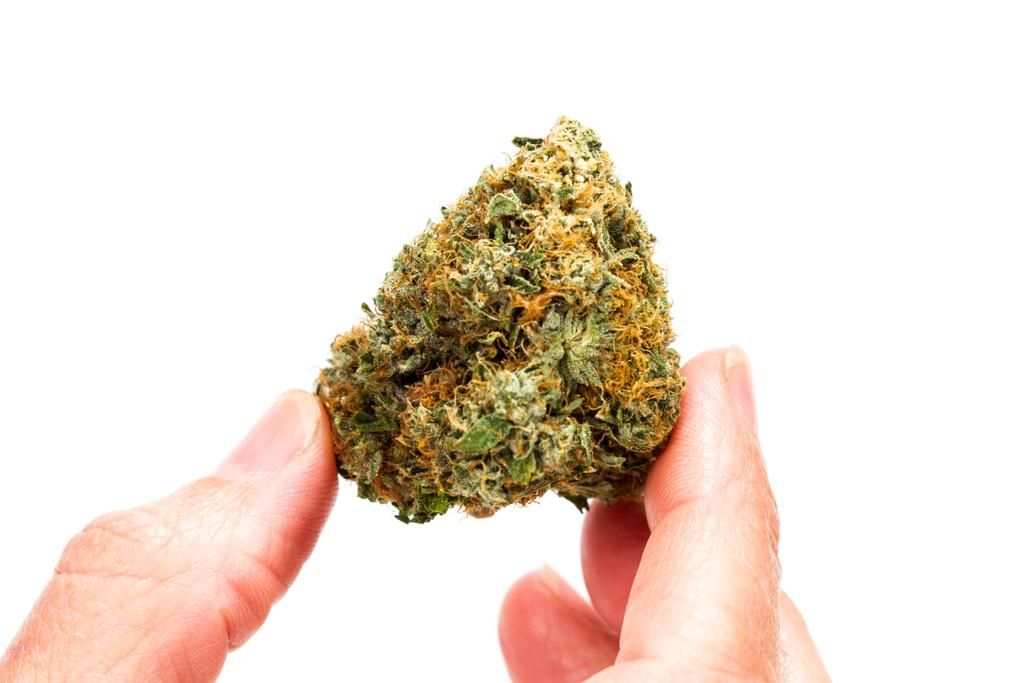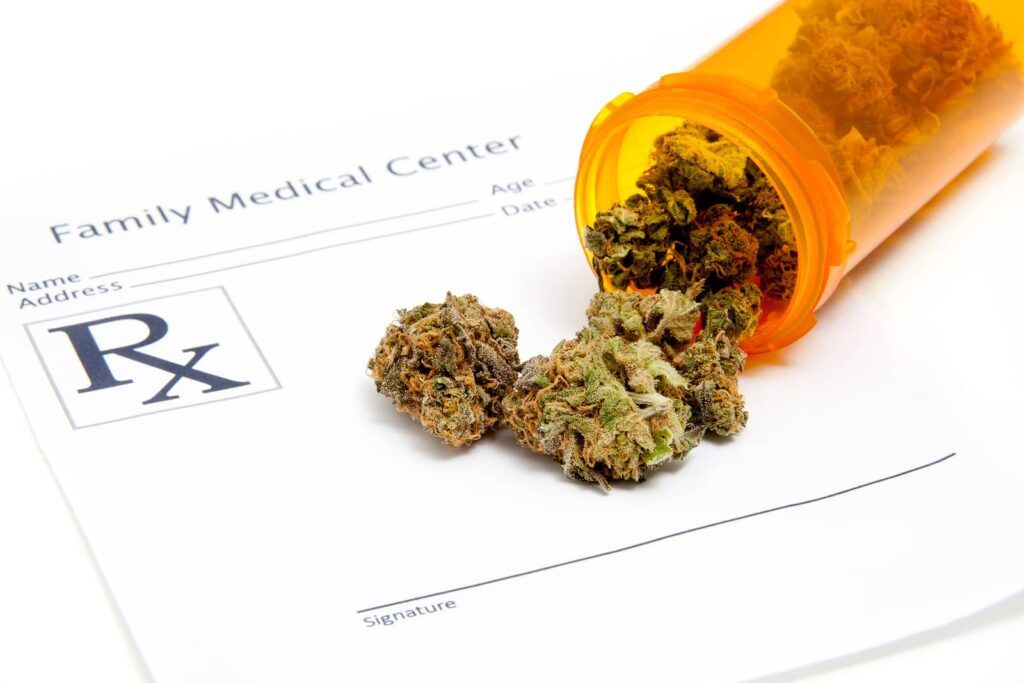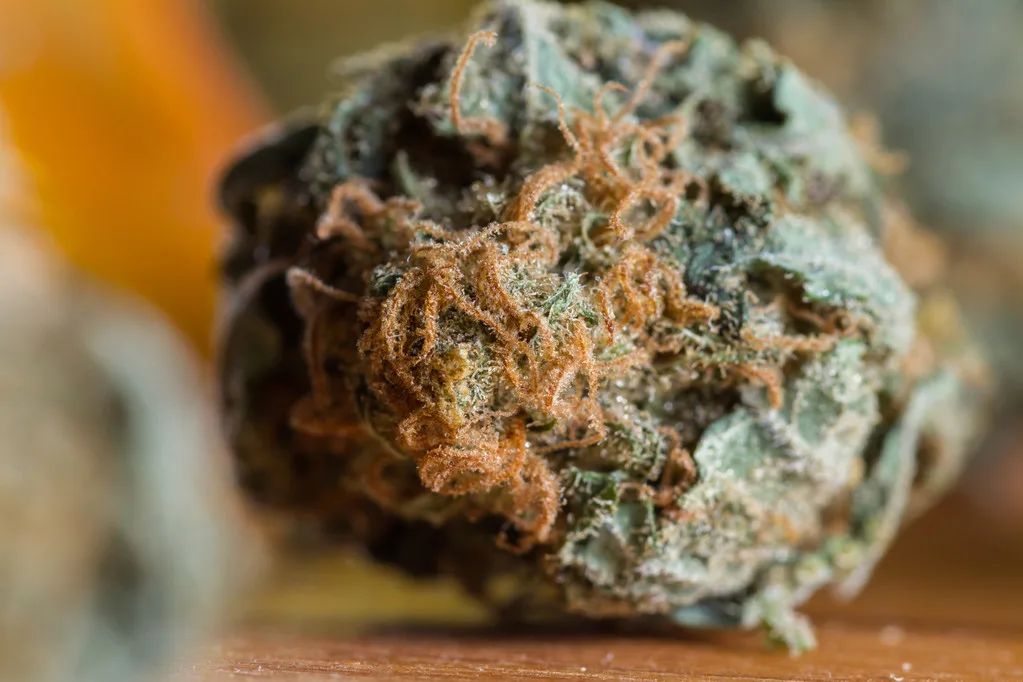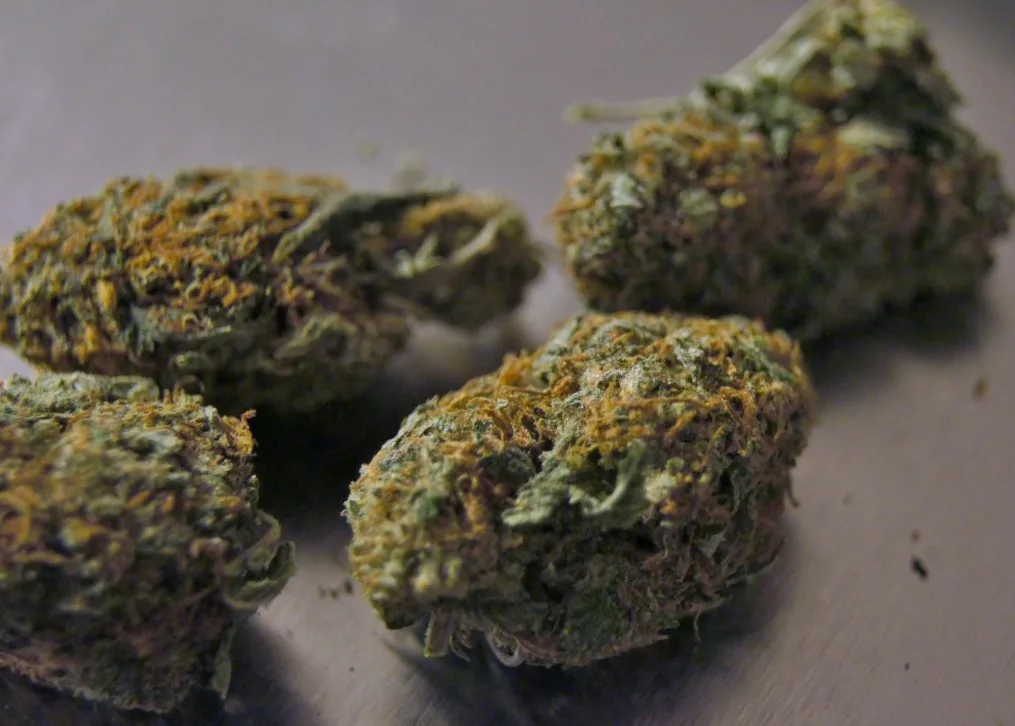North Dakota Secretary of State Michael Howe has given approval to an initiative that would legalize recreational marijuana, allowing proponents of the measure to begin collecting signatures in hopes of putting it to a vote during the November 2024 or 2025 election.
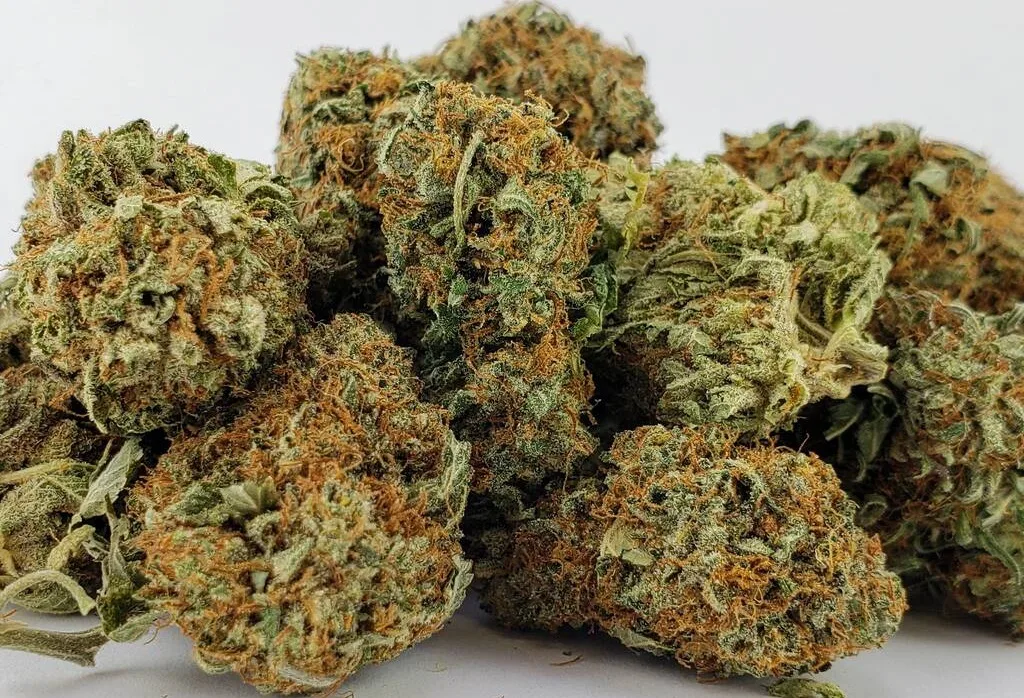
The nonprofit political committee New Economic Frontier now has one year to collect 15,582 signatures from registered North Dakota voters in order to put their marijuana legalization measure to a vote. If the signatures are gathered by July 8, the initiative will be voted on this November. If signatures are collected after July 8 the measure would be placed on the 2025 general election ballot.
The official ballot title issued by Howe for the initiative states:


